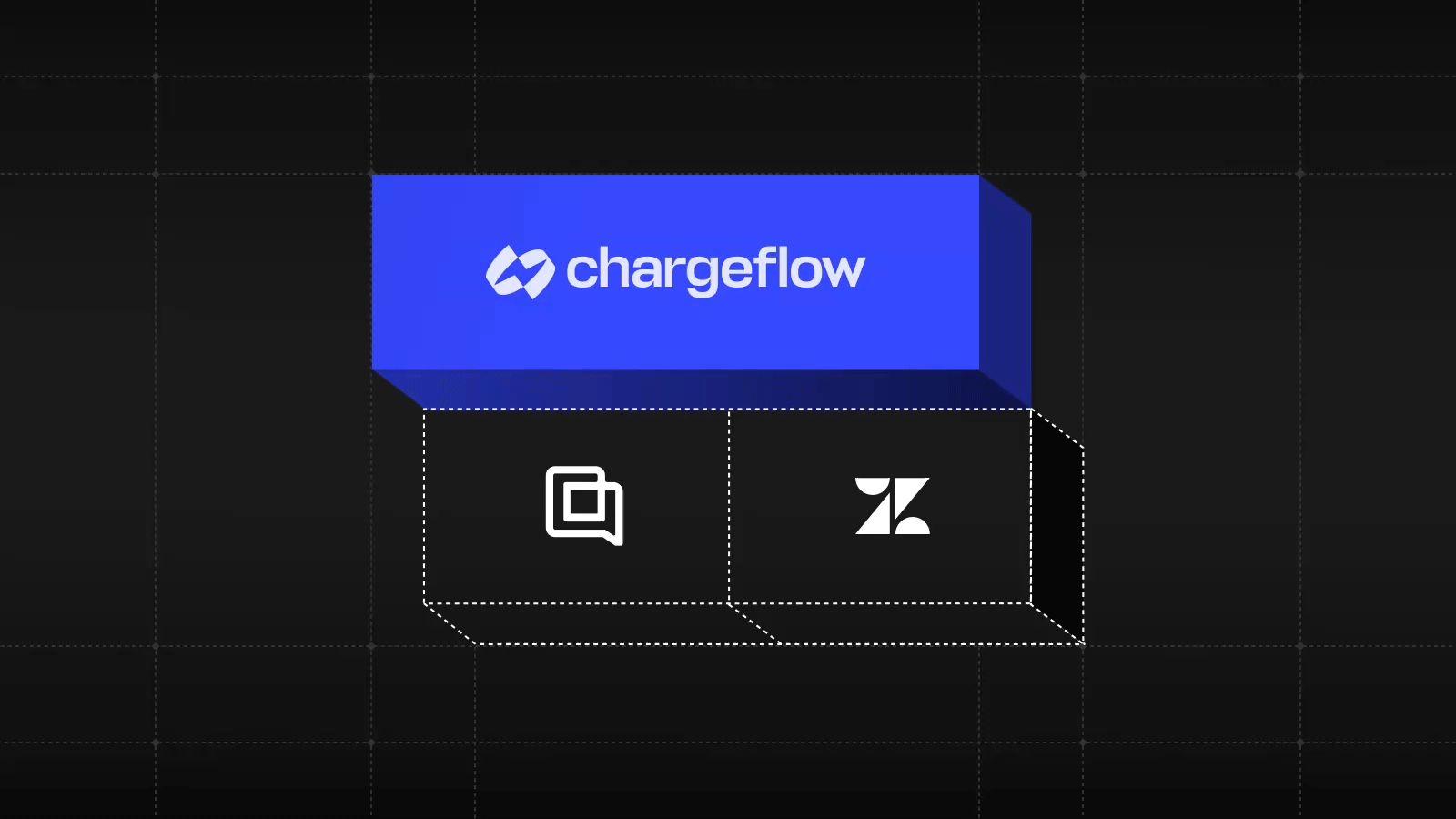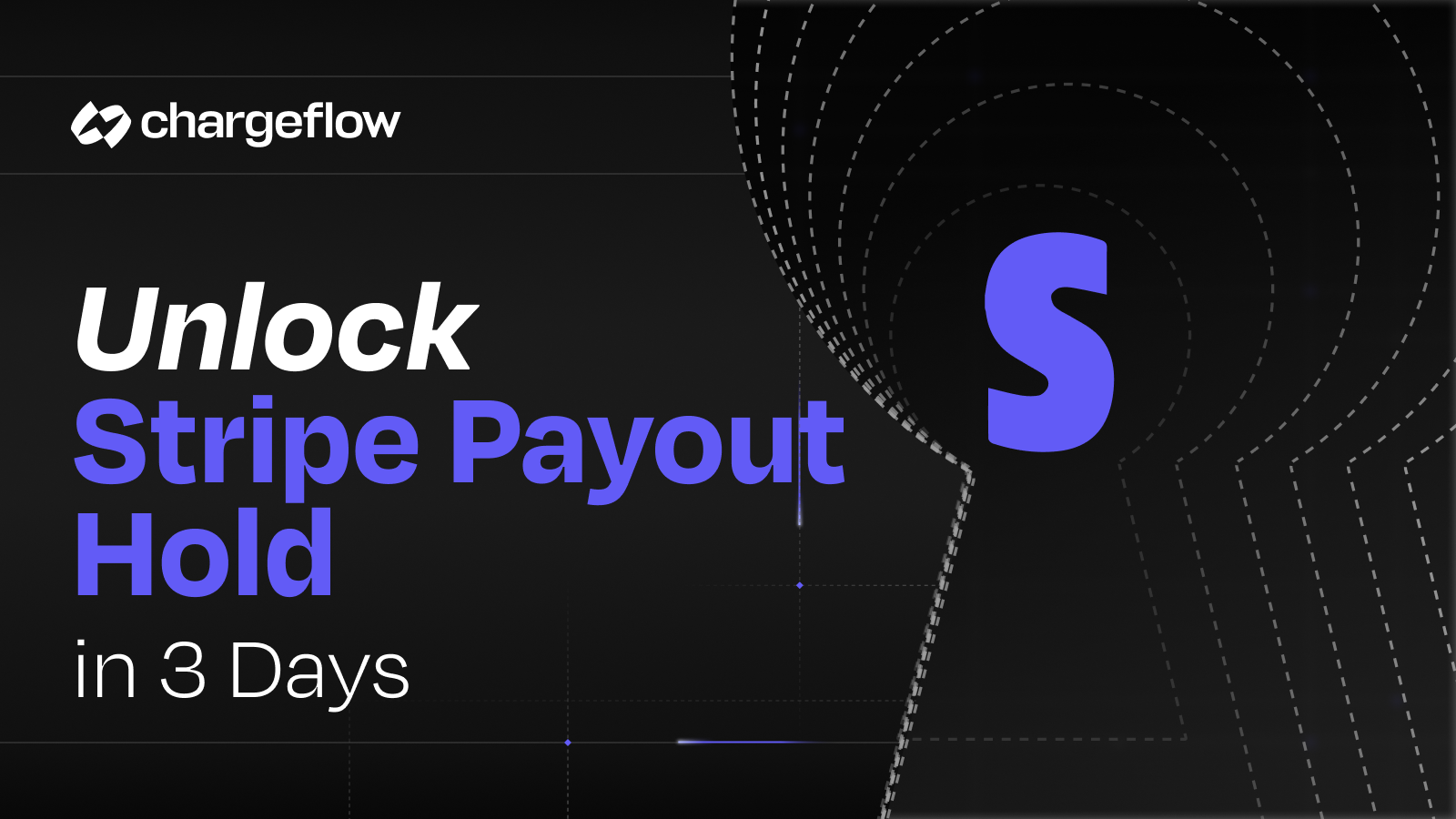Understanding CoinBase Chargebacks for E-commerce Merchants

Chargebacks?
No longer your problem.
Recover 4x more chargebacks and prevent up to 90% of incoming ones, powered by AI and a global network of 15,000 merchants.
Protect your Bitcoin investment and avoid chargebacks on CoinBase. Learn effective strategies to prevent losses and safeguard your digital assets today.
As an e-commerce merchant, you want to be sure that your transactions are secure and that any potential issues with payments can quickly be resolved. To help ensure the smooth handling of your customer's payments, it is important to understand the purpose and process of Coinbase chargebacks.
Coinbase allows merchants to accept payments from customers who use Bitcoin as well as other cryptocurrency options; however, due to the nature of these digital currencies, merchants must also understand how chargebacks work for them to respond effectively if one does occur.
In this article, we’ll explore what a Coinbase chargeback is, when it may take place, and some tips on how you can best manage them.
The Role of Coinbase in Chargebacks
Coinbase is one of the leading digital currency exchanges in the world, providing its users with a platform to buy, sell, and store cryptocurrencies. While the platform is generally safe and reliable, there are times when users may need to initiate a chargeback. A chargeback is a process where a user can dispute a transaction and request a refund from their financial institution.
When it comes to chargebacks, Coinbase has a strict policy that prioritizes the protection of its users and the integrity of the platform. If a user initiates a chargeback, Coinbase will immediately investigate the transaction to determine if it was fraudulent or not. If the transaction is found to be fraudulent, Coinbase will initiate a refund to the user's account.
However, if the transaction is found to be legitimate, Coinbase will dispute the chargeback with the user's financial institution. This process can take several weeks to resolve, as Coinbase must provide evidence to support its claim. If Coinbase is successful in disputing the chargeback, the user's account will be debited for the disputed amount.
The chargeback process in Coinbase can take anywhere from several days to several weeks, depending on the complexity of the case. During this time, Coinbase will communicate with the user via email to keep them updated on the status of the chargeback. If the user has any questions or concerns, they can reach out to Coinbase's customer support team for assistance.
To prevent chargebacks, Coinbase has implemented several security measures to protect its users. These measures include two-factor authentication, fraud detection systems, and a rigorous KYC (know your customer) policy. By implementing these measures, Coinbase can provide a safe and secure platform for its users to buy, sell, and store cryptocurrencies.
Preventing Chargebacks in Coinbase
As a merchant using Coinbase, chargebacks can be a major concern. Chargebacks occur when a customer disputes a transaction and their bank reverses the payment, resulting in the merchant losing the sale and potentially facing fees. Fortunately, there are steps merchants can take to prevent chargebacks and protect their business.
The first step is to verify customer information. By ensuring that the customer's billing address and other information match the details on file with their bank, merchants can reduce the risk of fraudulent transactions and chargebacks.
Another important step is to set up fraud detection tools. Coinbase offers a range of tools to help merchants identify potentially fraudulent transactions, such as flagging orders from high-risk countries or customers using unfamiliar devices. By utilizing these tools, merchants can catch potential issues early and prevent chargebacks.
Educating customers on chargebacks and refunds is also crucial. Many customers may not be familiar with the chargeback process and may dispute a transaction without fully understanding the consequences for the merchant. By providing clear information on your website or in your order confirmation emails, you can help customers understand when chargebacks are appropriate and when they should reach out to you for a refund.
It's also important to monitor transactions and disputes closely. By keeping a close eye on your account and responding promptly to any disputes or chargebacks, you can minimize the impact on your business and potentially resolve issues before they escalate.
Responding to Coinbase Chargebacks
Responding to Coinbase chargebacks can be a crucial task to efficiently manage your digital transactions and maintain a healthy financial account. To effectively respond to these chargebacks, it's essential to understand the necessary documentation required during the process.
Ensure that you provide all relevant transaction details, including the transaction ID, customer information, product/service description, refund or cancellation policy, as well as any relevant communication with the customer.
This information will help Coinbase understand the context of the dispute and expedite the resolution process. It's crucial that you pay attention to the deadlines and take prompt action, as failing to respond within the stipulated timeframe can result in irreversible loss of funds.
By actively engaging in the dispute resolution process, you can reach a fair outcome, mitigate potential losses, and contribute to maintaining the integrity and security of Coinbase's extensive digital market.
Coinbase Chargeback Fees and Penalties
Coinbase is a popular platform for buying, selling, and trading cryptocurrencies. While Coinbase offers a user-friendly experience, it's important to be aware of the fees associated with chargebacks and the potential penalties for excessive chargebacks.
Chargeback Fees
A chargeback is a refund that is issued to a customer by the bank or credit card company after a disputed transaction. Coinbase charges a fee of $25 for each chargeback that is initiated by a customer. This fee is non-refundable, meaning that even if the chargeback is resolved in favor of the merchant, Coinbase will keep the fee.
Penalties for Excessive Chargebacks
Excessive chargebacks can be costly for merchants, as they can lead to penalties and even the suspension of their Coinbase account. Coinbase monitors chargeback rates and may take action if the chargeback rate exceeds 1%. This means that if more than 1% of a merchant's transactions result in chargebacks, Coinbase may take action.
The penalties for excessive chargebacks can include higher fees, suspension of the merchant's Coinbase account, and even termination of the account. This can be detrimental to a merchant's business, as Coinbase is a popular platform for buying and selling cryptocurrencies.
How to Avoid Coinbase Chargeback Fees and Penalties
There are several steps that merchants can take to avoid chargeback fees and penalties:
- Communicate policies: Merchants should communicate their return and refund policies to customers to avoid confusion and disputes.
- Respond to disputes promptly: Merchants should respond to disputes promptly and provide evidence to support their case.
- Monitor chargeback rates: Merchants should monitor their chargeback rates and take action if they exceed 1%.
- Use fraud prevention tools: Merchants should use fraud prevention tools to reduce the risk of chargeback, such as address verification and card verification.
- Provide excellent customer service: Providing excellent customer service can help prevent disputes and chargebacks.
Final Thoughts
Armed with the knowledge gained from this blog post, as an e-commerce merchant you can now approach chargebacks handled by Coinbase with confidence.
An understanding of how Coinbase works, the role it plays in protecting merchants and customers, prevention tips for reducing chargebacks, and associated fees and penalties put you in the best possible position to ensure a successful outcome.
Chargebacks are quickly becoming more complex, but understanding them and arming yourself with the knowledge that you need is key to not only surviving but thriving as a merchant of today’s digital marketplace powered by Coinbase.
Keep these steps in mind whenever any dispute or claim of fraud arises in your shop. With proper preparedness, responding to a chargeback should be a simple process on Coinbase.

Chargebacks?
No longer your problem.
Recover 4x more chargebacks and prevent up to 90% of incoming ones, powered by AI and a global network of 15,000 merchants.






























.png)








